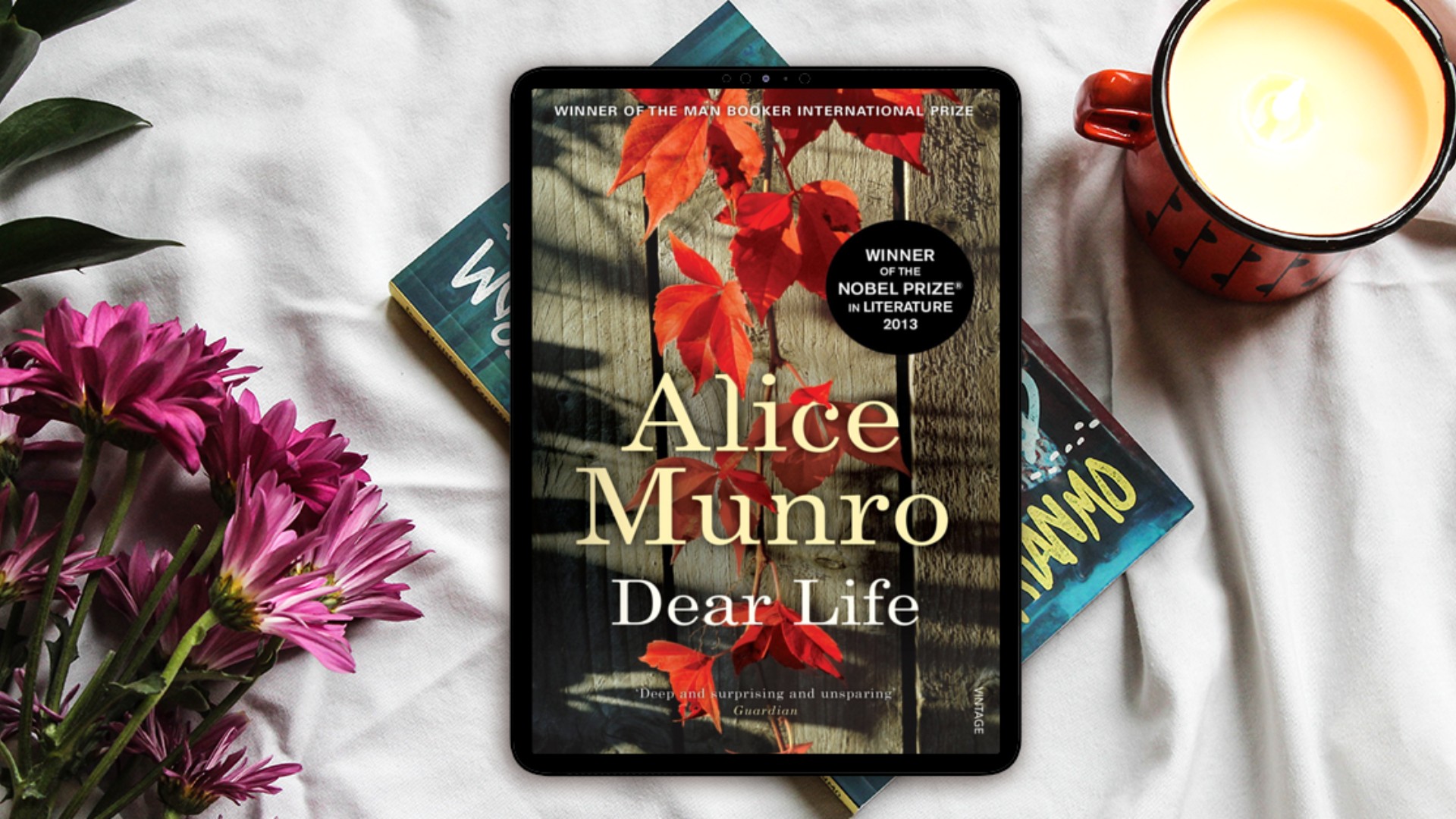Writing Advice From the Literary Greats

by Tom Ashford
We all want to improve (unless we’re really narcissistic, I suppose). And although few of us would wish to swap out financial success (which equates to a large and satisfied readership) for a shiny award (most of which we don’t qualify for anyway, on account of being indies), I’m sure many of us would like to be remembered as much for the quality of our writing as for how many copies we sold.
While we can privately (or publicly) debate each other on how infrequently we should deploy adverbs (look, there’s one now) or how the dash, en dash or em dash should be used (yes, there is a correct method, but I don’t like it), the best advice will always come from those who have proven themselves as literary greats in the eyes of the public and/or critics.
Their tips are sometimes in the abstract, of course… but that’s probably what makes them so good at writing. Right?
Alice Munro
Alice Munro won the Nobel for Literature back in 2013. When asked about plotting a story, she replied:
“Usually, I have a lot of acquaintance with the story before I start writing it. When I didn’t have regular time to give to writing, stories would just be working in my head for so long that when I started to write I was deep into them.”
You’d be hard pressed to find a successful indie author who doesn’t find regular time to write, but I think Munro’s advice is still useful. At the risk of going insane – when you’re not writing, you should be thinking about writing. Mull the stories over, tie up arcs and fill in plot holes. Then when you do sit down in front of the keyboard, the stories will come much more easily.
John Steinbeck
Here’s a famous quote from John Steinbeck, which sums up the approach every writer needs to take when penning their debut.
“Abandon the idea that you are ever going to finish. Lose track of the 400 pages and write just one page for each day, it helps. Then when it gets finished, you are always surprised.”
You don’t have to stop at one page a day, of course. But start that way and build up, and you’ll have your finished first draft before you know it. It’s like eating an elephant.
Mario Vargas Llosa
This Peruvian author had something similar to say about putting the work in:
“If I started to wait for moments of inspiration, I would never finish a book. Inspiration for me comes from a regular effort.”
It’s an approach familiar to indie authors. Sitting down and getting the work done, whether you’re in the mood to write or not, is key to actually finishing a book – let alone dozens.
Leo Tolstoy
On the importance of writing in the morning:
“I always write in the morning. I was pleased to hear lately that Rousseau, too, after he got up in the morning, went for a short walk and sat down to work. In the morning one’s head is particularly fresh. The best thoughts most often come in the morning after waking while still in bed or during the walk.”
H.P. Lovecraft
On the importance of writing at night:
“At night, when the objective world has slunk back into its cavern and left dreamers to their own, there come inspirations and capabilities impossible at any less magical and quiet hour. No one knows whether or not he is a writer unless he has tried writing at night.”
Miranda July
A lot of us fret over the quality of our book whilst it’s being written, as if the first draft is going to be revealed to the world the moment we write ‘The End’ (please don’t actually write ‘The End’). The American screenwriter and director, Miranda July, wrote this:
“I was a lot dumber when I was writing the novel. I felt like worse of a writer … would come home every day from my office and say, ‘Well, I still really like the story, I just wish it was better written.’ At that point, I didn’t realise I was writing a first draft. And the first draft was the hardest part. From there, it was comparatively easy. It was like I had some Play-Doh to work with and could just keep working with it – doing a million drafts and things changing radically and characters appearing and disappearing and solving mysteries: Why is this thing here? Should I just take that away? And then realising, no, that is there, in fact, because that is the key to this. I love that sort of detective work, keeping the faith alive until all the questions have been sleuthed out.”
Gabriel Garcia Marquez
Once a journalist, Nobel-winning author Gabriel Garcia Marquez was asked what the difference between journalism and fiction writing was.
“In journalism just one fact that is false prejudices the entire work. In contrast, in fiction one single fact that is true gives legitimacy to the entire work. That’s the only difference, and it lies in the commitment of the writer. A novelist can do anything he wants so long as he makes people believe in it.”
Though we don’t need to worry much about the journalism side of things, his point about a single core truth giving legitimacy to an entire book is powerful stuff.
William Faulkner
And last but not least, here’s some brilliant advice from William Faulkner:
“Read, read, read everything – trash, classics, good and bad, and see how they do it. Just like a carpenter who works as an apprentice and studies the master. Read! You’ll absorb it. Then write. If it is good, you’ll find out. If it’s not, throw it out the window.”

Tom Ashford
Tom Ashford is a professional copywriter, author of numerous dark fantasy and sci-fi novels, and the Head of Content at the Self Publishing Formula Blog. His books include the Blackwater trilogy and the Checking Out series.
He lives in London with his wife, in an apartment that doesn’t allow pets. Find out more about Tom here.
Grab Your SPF Freebies!
Sign up to receive your SPF starter package, which includes a free 3 part video series on getting started with FB ads, and inspirational and educational weekly emails.

